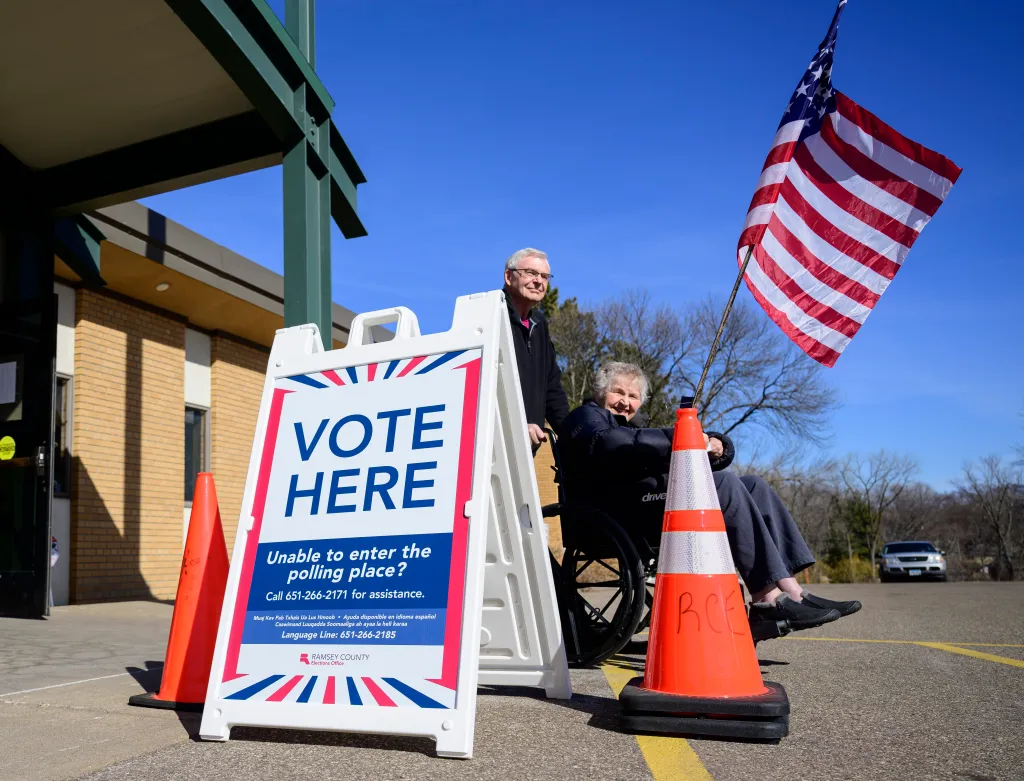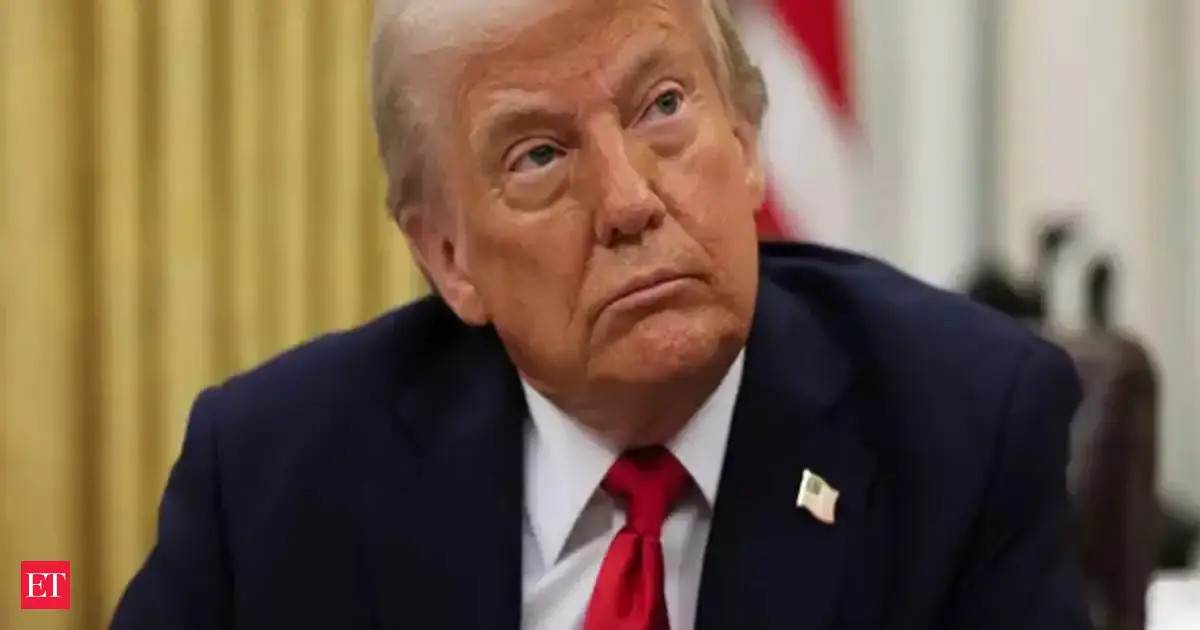
To place an obituary, please include the information from the obituary checklist below in an email to obits@pioneerpress.com. There is no option to place them through our website. Feel free to contact our obituary desk at 651-228-5263 with any questions.
General Information:
Your full name,
Address (City, State, Zip Code),
Phone number,
And an alternate phone number (if any)
Obituary Specification:
Name of Deceased,
Obituary Text,
A photo in a JPEG or PDF file is preferable, TIF and other files are accepted, we will contact you if there are any issues with the photo.
Ad Run dates
There is a discount for running more than one day, but this must be scheduled on the first run date to apply.
If a photo is used, it must be used for both days for the discount to apply, contact us for more information.
Policies:
Verification of Death:
In order to publish obituaries a name and phone number of funeral home/cremation society is required. We must contact the funeral home/cremation society handling the arrangements during their business hours to verify the death. If the body of the deceased has been donated to the University of Minnesota Anatomy Bequest Program, or a similar program, their phone number is required for verification.
Please allow enough time to contact them especially during their limited weekend hours.
A death certificate is also acceptable for this purpose but only one of these two options are necessary.
Guestbook and Outside Websites:
We are not allowed to reference other media sources with a guestbook or an obituary placed elsewhere when placing an obituary in print and online. We may place a website for a funeral home or a family email for contact instead; contact us with any questions regarding this matter.
Obituary Process:
Once your submission is completed, we will fax or email a proof for review prior to publication in the newspaper. This proof includes price and days the notice is scheduled to appear.
Please review the proof carefully. We must be notified of errors or changes before the notice appears in the Pioneer Press based on each day’s deadlines.
After publication, we will not be responsible for errors that may occur after final proofing.
Online:
Changes to an online obituary can be handled through the obituary desk. Call us with further questions.
Payment Procedure:
Pre-payment is required for all obituary notices prior to publication by the deadline specified below in our deadline schedule. Please call 651-228-5263 with your payment information after you have received the proof and approved its contents.
Credit Card: Payment accepted by phone only due to PCI (Payment Card Industry) regulations
EFT: Check by phone. Please provide your routing number and account number.
Cash: Accepted at our FRONT COUNTER Monday – Friday from 8:00AM – 3:30PM
Rates:
The minimum charge is $162 for the first 10 lines.
Every line after the first 10 is $12.20.
If the ad is under 10 lines it will be charged the minimum rate of $162.
On a second run date, the lines are $8.20 per line, starting w/ the first line.
For example: if first run date was 20 lines the cost would be $164.
Each photo published is $125 per day.
For example: 2 photos in the paper on 2 days would be 4 photo charges at $500.
Deadlines:
Please follow deadline times to ensure your obituary is published on the day requested.
Hours
Deadline (no exceptions)
Ad
Photos
MEMORIAM (NON-OBITUARY) REQUEST
Unlike an obituary, Memoriam submissions are remembrances of a loved one who has passed. The rates for a memoriam differ from obituaries.
Please call or email us for more memoriam information
Please call 651-228-5280 for more information.
HOURS: Monday – Friday 8:00AM – 5:00PM (CLOSED WEEKENDS and HOLIDAYS)
Please submit your memoriam ad to memoriams@pioneerpress.com or call 651-228-5280.
Since Minnesota along with seven other states has been sued by the Department of Justice to turn over voter registration records, it’s a good time to check on the Trump Administration’s drive to supervise how states handle voting registration and ballot counting.
For years the president has claimed without evidence there is a great deal of voter fraud, particularly by non-citizens, occurring mostly in states which he lost. Now his administration is trying to win more control over our elections.
Before getting into specifics, remember two things.
First, the U.S. Constitution’s Article I, Section 4 says states should prescribe how elections are run and that the Congress can “by Law make or alter such Regulations”. The President is given no constitutional authority over elections.
Second, facts don’t support Trump’s claim of widespread non-citizen voting. Two examples. The Heritage Foundation’s compilation of Minnesota criminal voting convictions between 2011 and 2022 contains only two for non-citizen voting while Minnesotans cast a total of 18,402,279 ballots in general elections during that time. (One who voted in a school board election got a year probation while the other got six months of jail time for a general election vote.) A 2016 election study by the Brennan Center for Justice found officials raised concerns about 30 votes from possible noncitizens out of 23.5 million votes cast in 42 jurisdictions, or 0.0001% of the vote.
The most visible Trump effort has been his March executive order granting federal agencies, like Justice and Homeland Security, access to states’ data to review for voting fraud; forbidding states from counting mail-in ballots received after, but postmarked on or before, Election Day; and requiring a passport or similar document when using the national voter registration form which states must accept but can also use their own forms. Finally, the executive order requires the independent Election Assistance Commission to decertify voting machines already certified and replace them with a new system not now on the market. (Minnesotans’ voting wouldn’t be affected because we don’t have to use the national registration form, only ballots received by Election Day are counted now, and the state has its own certification process.)
Two legal challenges to the executive order, one in Massachusetts by 19 states, including Minnesota, and the other in the District of Columbia by the Democratic Party and several other groups, have resulted in court-ordered halts to it until the cases can be tried and decided. There’s been no decision yet on an appeal. There is also a similar lawsuit in Washington state by Oregon and Washington.
Though nothing is public yet, Trump says he’s working on a new executive order to ban mail-in voting, which accounted for 30% of votes in the 2024 election. Trump blames mail-in voting for his 2020 election loss, saying Russia’s Vladimir Putin agrees with him. Directly contradicting the Constitution, Trump asserted in an Aug. 18 Truth Social post that “States are merely an ‘agent’ for the federal government in counting and tabulating the votes”. (A mail-in voting ban could be worse for Republicans than Democrats. See “Abolishing voting by mail will hurt Republicans more than help” by Mary Ellen Klas, Pioneer Press, August 21, 2025.)
In April, knowing Trump’s executive order may fail constitutional muster, House Republicans, and four Democrats, passed the SAVE (for Safeguard American Voter Eligibility) Act. Its key provision requires all voters to register in-person at their local election office with a passport or birth certificate matching their current name. Consequently, those living temporarily away from home, such as military personnel, students and overseas residents, as well as married women with changed last names, would have difficulty registering. State IDs, like driver’s licenses, would be insufficient. The SAVE Act is stalled in the Senate since it needs 60 votes to overcome a Democratic filibuster.
In the past two weeks Trump’s Department of Justice has sued eight states, including Minnesota, to get voter information in those states including names, driver’s license numbers, partial Social Security numbers and voters’ birthdates. The DOJ says the requested data is “necessary” to determine if states are making “a reasonable effort to remove the names of ineligible voters from the official lists of eligible voters.” No evidence is cited showing any states aren’t doing so already but presumably if any is found or implied it will be used to justify taking away some or all those states’ control over elections.
Responding to the suit, Minnesota’s Secretary of State Steve Simon told MPR he hasn’t been given a strong legal justification for needing the entire list, adding “Usually when they (DOJ) ask states, us or anyone else, for information it’s about one or a handful or particular voters. But this is so broad and so sweeping, and so potentially intrusive that we really have to pay attention here.”
In addition to states being sued, the DOJ has asked at least 22 others to provide the same information. If obtained, it will be shared with Homeland Security to find registered voters who are known noncitizens. Like Minnesota, most other states refuse to provide the requested data until there is a better explanation from DOJ of why it’s needed. At least two with GOP secretaries of state — Pennsylvania and New Hampshire — have been sued while two others — Indiana and South Carolina — have fully complied with DOJ’s request, while several others have provided only information that their state’s privacy laws allow.
Our Constitution’s decentralized, state-controlled voting system has worked remarkably well for over 235 years. Americans have accepted its results and we’ve had a stable, democratically run nation. Efforts to change that system without factual basis should be energetically resisted whether, as now, coming from the Trumpian right or from future left-wing wannabe authoritarians.
Ken Peterson of St. Paul served as state Labor and Industry Commissioner under Governors Mark Dayton and Rudy Perpich and is on the board of Clean Elections Minnesota.



